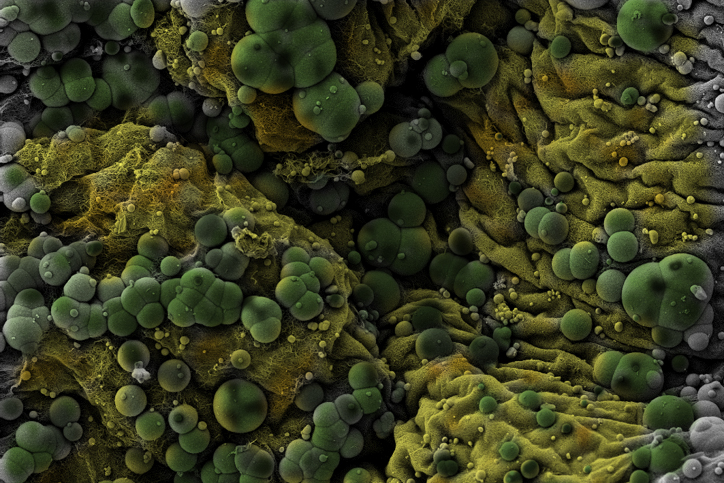Research
The MOBILIsE research strategy entails the development of molecular bionanomaterials-based precision medicine technologies for applications in cancer, infection, neurodegenerative disorders, and tissue repair/regeneration. It is centred around 3 research pillars:
01. Developing enzyme-responsive nanobiomaterials for targeted diagnosis/therapies and coordinated tissue repair
Improving the diagnosis pipeline for life-threatening and debilitating diseases is critical to saving lives and improving the quality of life of patients. Using enzyme-responsive nanobiomaterials, we aim to create innovative and more precise theranostics with unprecedented in situ sensing capabilities and instant response for early diagnosis and timely therapeutic interventions. These nanobiomaterials can transport monitoring probes and therapeutic agents to target tissues or cells to sense the local environment and provide a desirable response (delivery of therapy and its follow-up in situ).


02. Engineering molecular drugs to develop more effective therapies for life-threatening and debilitating diseases (infections, cancer, neurogenerative diseases)
By improving the availability and effectiveness of existing drugs, we can treat diseases in better ways that are more affordable and with fewer side effects.
03. Self-assembling (supramolecular) biomaterials for regenerative medicine and advanced in vitro models
Already adopted by major pharmaceutical companies in their pre-clinical drug testing, organ-on-chip models are proven alternatives to animal testing and will become essential tools in routine drug discovery programs. Patient-specific disease models will enable the development of treatments that are personalised and can be life-changing. Using our molecular engineering tools, we are developing 2D and 3D in vitro models with unprecedented biological relevance and functionality, which would enable the study of diseases with higher specificity and accelerate the development of treatments with improved efficacy.
